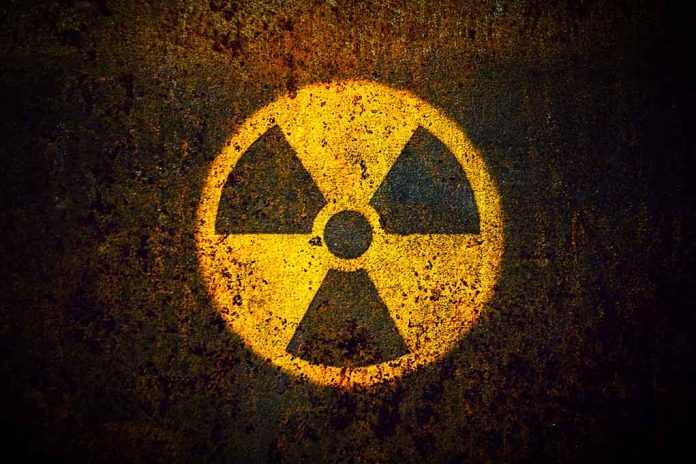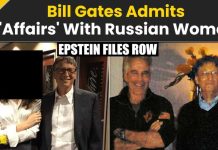
Ukrainian President Volodymyr Zelensky’s call for NATO membership or nuclear weapons sparks international debate amidst ongoing Russian aggression.
Key Takeaways
- Zelensky suggests Ukraine needs either NATO membership or nuclear weapons for security against Russia.
- Ukraine applied to join NATO in 2022 but has not received an official invitation.
- The U.S. and other NATO countries are hesitant to grant Ukraine membership.
- Experts indicate the likelihood of Ukraine obtaining nuclear weapons is extremely low.
- The situation highlights the complex geopolitical challenges in Eastern Europe.
Zelensky’s Bold Proposal
In a startling development, Ukrainian President Volodymyr Zelensky has proposed that if NATO membership is delayed, the United States should provide Ukraine with alternative security guarantees, including nuclear weapons. This controversial statement comes as Ukraine continues to face significant military threats from Russia, highlighting the dire situation the country finds itself in.
Zelensky’s proposal underscores Ukraine’s growing frustration with the slow pace of its NATO membership application, which was submitted at the start of Russia’s full-scale invasion in 2022. Despite assurances that Ukraine’s path to NATO is “irreversible,” countries such as the United States, Germany, Hungary, and Slovakia have shown resistance to Ukraine’s entry into the alliance.
Do you think sending nuclear weapons to Ukraine is a good idea? pic.twitter.com/GJeptS67mb
— Colton Blake 🇺🇸 (@ColtonBlakeX) February 6, 2025
The Nuclear Option
In a bold statement that has raised eyebrows across the international community, Zelensky criticized Ukraine’s decision in the 1990s to give up its nuclear weapons without securing strong security guarantees. He referenced the 1994 Budapest Memorandum, an agreement that has failed to prevent Russian aggression against Ukraine.
Zelensky’s statements have sparked discussions about Ukraine potentially developing nuclear weapons, although Kyiv maintains that NATO membership remains its preferred security guarantee. The invasion has reignited debates about Ukraine’s decision to relinquish its nuclear arsenal, with many questioning whether this move left the country vulnerable to external threats.
NATO Membership: A Complex Issue
Ukraine’s pursuit of NATO membership has been a long and complicated journey. The country first applied for membership in 2008, but the process has been prolonged due to various geopolitical factors. Despite Ukraine’s stated willingness to defend the West from Russian aggression, its path to NATO membership remains uncertain.
The situation is further complicated by the ongoing conflict with Russia. A senior Ukrainian intelligence official has warned that Russia remains a significant threat, with the potential to mobilize millions of troops and the support of North Korean forces. This underscores the urgency of Ukraine’s need for robust security guarantees.
International Reaction
Zelensky’s proposal has been met with skepticism from international observers. Retired Lt. General Keith Kellogg, a former national security advisor, stated that the chances of Ukraine regaining nuclear weapons are “somewhere between slim and none.” This sentiment reflects the broader reluctance of the international community to consider nuclear proliferation as a solution to regional security challenges.
Meanwhile, NATO Secretary General Mark Rutte has urged increased support for Ukraine, warning that a Russian victory would be a costly geopolitical mistake for NATO allies. This highlights the delicate balance that Western powers must strike in supporting Ukraine while avoiding direct confrontation with Russia.
As the situation continues to evolve, it is clear that Ukraine’s security concerns remain at the forefront of international discussions. Whether through NATO membership, alternative security arrangements, or continued military aid, finding a sustainable solution to ensure Ukraine’s sovereignty and regional stability remains a critical challenge for the global community.









